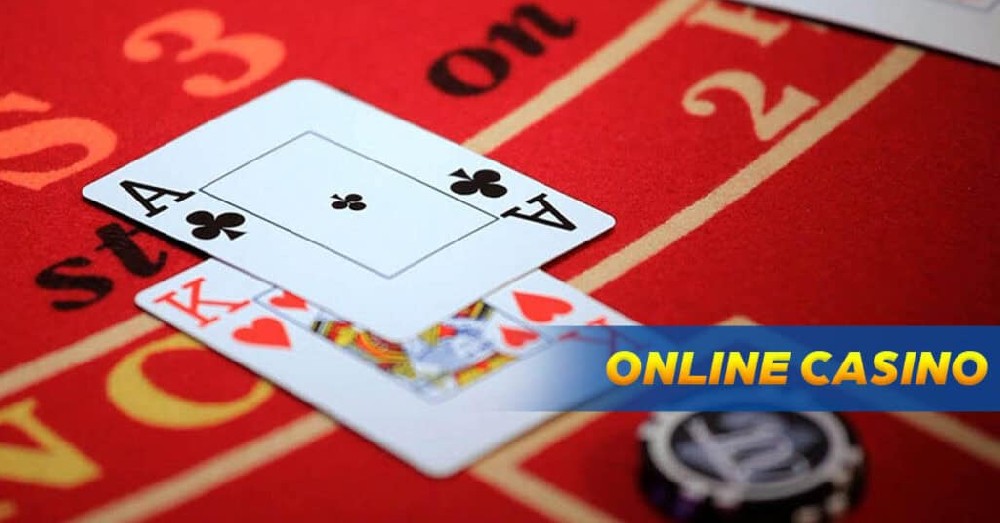01
Register
Download the app and signup for account
02
Get Ready
Deposit & get ready for play betting
03
Enjoy
Betting more and more & enjoy game

Mastering Online Poker: A Beginner's Guide
Playing poker online can be an enticing pastime, especially in the post-pandemic era, where isolation has led to a complete transition to virtual activities. However, it can also be a highly profitable hobby. You may have been searching for various tricks and easy ways to win big, but in the early stages of your gambling journey, you need to build a foundational knowledge to learn the best gaming strategies. Check out the list of tips we've prepared to help you embark on this exciting new adventure.
1. Understand the Rules: You might play games without knowing the rules, but you can't master the game without first mastering the rules. Poker games offer excitement and potential rewards, but they require knowledge and skill to enjoy. Online poker options may seem straightforward, but they bear many similarities to traditional gambling in brick-and-mortar casinos. Furthermore, different poker rooms and online casinos may have different rules players must adhere to. So, before you bluff, make sure you thoroughly understand the rules.
2. Don't Overdo Bluffing: When it comes to bluffing, more isn't necessarily better. You might be a professional actor or the best bluffer, but soon enough, you'll realize that bluffing in poker is an art in itself, and, more importantly, it only works if done correctly. Additionally, one of the biggest misconceptions about poker is that you must bluff to win. As a beginner, it's always better to be cautious—focus on playing good hands rather than relying heavily on bluffing and other tactics. Don't worry; soon, you'll become an expert at gauging when it's the right time to bluff and when it's time to break the bluffs of other players.
3. Start Small: Beginners often overspend when it comes to betting. The first phase of your poker experience should not be about making money. Just like anything else, the rewards come later. Try to see your goals from a distance, but stick to low-stakes games, meaning keep your bets low until you have enough experience and feel ready to level up. Starting big may seem like a fun and exciting way to begin, but it will only lead to significant losses and potentially turn a beautiful poker game into an ugly habit. By starting with small bets, you'll feel more relaxed and comfortable, allowing you more room to practice, get familiar with the game's nuances, and learn from more experienced poker players. This is a consistent tip for any casino game: always start small to win big.
4. Play Against Weaker Players: You might roll your eyes at this, but the reality is that if you keep battling stronger players, you'll never win. That's why you need to choose your games wisely—good table selection can help you find fishy poker tables in the lobby. The math is simple—even if you're a poker genius, the fifth-best player in the world, playing against the other four players who are better than you will eventually lead to bankruptcy. Many players find it challenging to overcome their egos and face players who are worse than them. However, bravery, in this case, doesn't pay off. In the long run, your success as a winner largely depends on the tables you choose to play at. This is why careful game and limit selection are as important as choosing which hands to play.
5. Match Your Game to Your Mood: In poker, you truly cannot afford to let emotions get the best of you. It's no wonder the term "poker face" exists. Emotions are every poker player's biggest enemy, and you must adjust your gambling persona based on your emotional fluctuations—only play when you're feeling good, relaxed, and comfortable. Even slight emotional disturbances can wreak havoc on your poker strategy, your wallet, and your overall well-being. Similarly, this also applies to the emotions that the game itself might provoke. If you find that playing the game increases your levels of anger or sadness, you need to take a step back and check if poker is the right fit for you at the moment. Additionally, you can try meditation exercises before playing, which can help you relax and get into the right mindset.
6. Take It Slow: Don't expect to become a professional poker player overnight; remember to approach things calmly and slowly. Poker is not an easy game, especially in the beginning, and it can be overwhelming, easily leading to frustration. However, like everything else in life, patience is key.
If you were uncertain about whether poker is right for you and how to prepare for it, your troubles are now over. Remember the tips above, and you're ready to dive into the exciting world of online poker!








